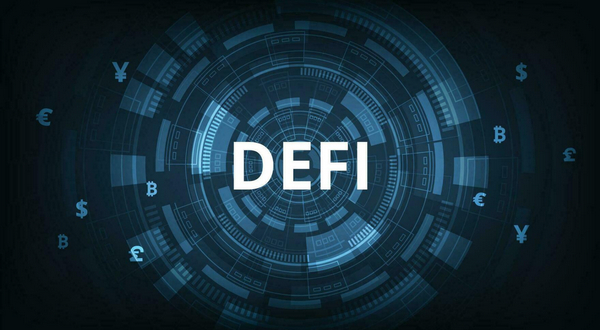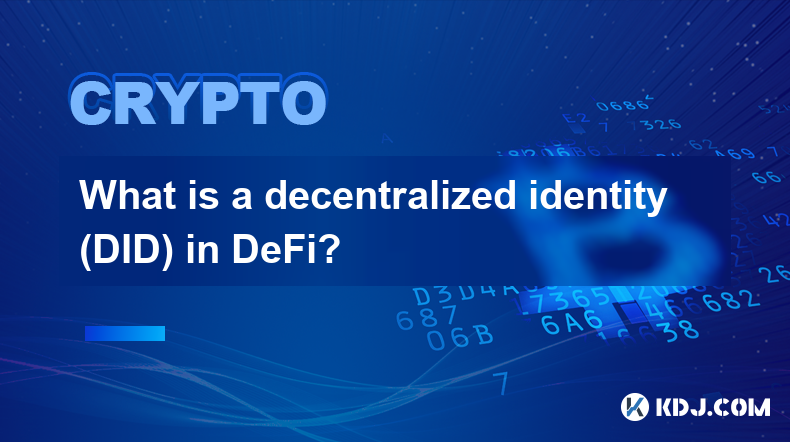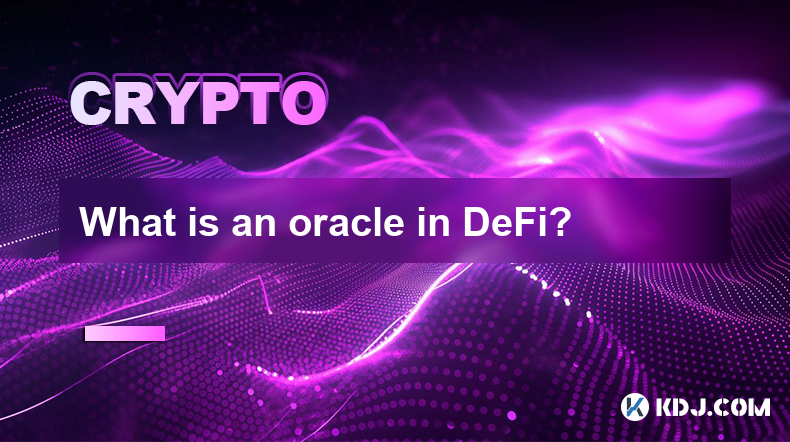-
 Bitcoin
Bitcoin $83,649.7703
-1.06% -
 Ethereum
Ethereum $1,818.4708
-2.72% -
 Tether USDt
Tether USDt $1.0000
0.01% -
 XRP
XRP $2.0495
-3.21% -
 BNB
BNB $597.8591
-1.20% -
 Solana
Solana $118.6021
-5.26% -
 USDC
USDC $1.0000
0.01% -
 Dogecoin
Dogecoin $0.1642
-3.52% -
 Cardano
Cardano $0.6526
-2.99% -
 TRON
TRON $0.2343
-0.56% -
 Toncoin
Toncoin $3.7346
-7.00% -
 UNUS SED LEO
UNUS SED LEO $9.4260
0.63% -
 Chainlink
Chainlink $12.9796
-3.63% -
 Stellar
Stellar $0.2617
-1.79% -
 Avalanche
Avalanche $18.3920
-4.15% -
 Sui
Sui $2.3105
-2.61% -
 Shiba Inu
Shiba Inu $0.0...01222
-0.74% -
 Hedera
Hedera $0.1630
-1.67% -
 Litecoin
Litecoin $83.6143
1.85% -
 Polkadot
Polkadot $4.0068
-2.05% -
 MANTRA
MANTRA $6.3564
2.37% -
 Bitcoin Cash
Bitcoin Cash $306.7380
0.76% -
 Bitget Token
Bitget Token $4.5736
-0.36% -
 Dai
Dai $1.0001
0.01% -
 Ethena USDe
Ethena USDe $0.9998
0.00% -
 Pi
Pi $0.6284
-6.81% -
 Hyperliquid
Hyperliquid $11.9330
-10.11% -
 Monero
Monero $213.7810
-0.49% -
 Uniswap
Uniswap $5.9757
-2.02% -
 Aptos
Aptos $5.2294
-1.01%
What does DeFi wallet mean?
DeFi wallets, non-custodial cryptocurrency wallets for interacting with decentralized finance applications, offer users complete control, security, and access to a wide range of financial services.
Oct 02, 2024 at 01:18 pm

Understanding DeFi Wallets
- Definition:
DeFi (Decentralized Finance) wallets are cryptocurrency wallets that allow users to interact with decentralized finance applications (dApps) such as decentralized exchanges (DEXs), lending platforms, and insurance protocols. - Features:
- Non-Custodial: Unlike centralized exchanges, DeFi wallets do not hold or control users' funds. Users maintain complete ownership and control over their private keys and assets.
- Self-Custody: Users are responsible for securing their own wallets and private keys.
- Support for multiple Blockchains: Most DeFi wallets support multiple blockchain networks, allowing users to store and manage assets from different chains.
- Transparency: DeFi wallets provide transparent records of transactions, balances, and other activities on the blockchain.
- Types of DeFi Wallets:
- Web Extensions: Wallets that integrate with web browsers to enable access to dApps. Examples include MetaMask, which is compatible with Ethereum and EVM-compatible chains.
- Mobile Apps: Wallets designed for smartphones and tablets, offering convenient access to DeFi services on the go. Examples include Coinbase Wallet and Argent.
- Desktop Wallets: Wallets installed on personal computers or laptops for more secure storage and control. Examples include Exodus and Electrum.
- Benefits of DeFi Wallets:
- Control: Users have full control over their funds and private keys.
- Security: No centralized third party has access to user assets.
- Wide Access: DeFi wallets unlock access to a vast ecosystem of dApps and financial services.
- Reduced Fees: DeFi protocols often offer lower transaction fees compared to centralized exchanges.
- Considerations:
- Security Responsibility: Users are solely responsible for safeguarding their private keys and assets.
- Complexity: Navigating DeFi protocols and interacting with smart contracts can be complex for beginners.
- Volatility: Cryptocurrency markets are volatile, and user assets may fluctuate in value.
Disclaimer:info@kdj.com
The information provided is not trading advice. kdj.com does not assume any responsibility for any investments made based on the information provided in this article. Cryptocurrencies are highly volatile and it is highly recommended that you invest with caution after thorough research!
If you believe that the content used on this website infringes your copyright, please contact us immediately (info@kdj.com) and we will delete it promptly.
- Ernst & Young (EY) Unveils Nightfall_4, a Zero-Knowledge (ZK) Rollup Architecture
- 2025-04-03 16:45:13
- Investing in racehorses has traditionally been the preserve of the super wealthy and elite
- 2025-04-03 16:45:13
- Bitcoin price struggles on its daily charts as crypto market liquidations cross $500M.
- 2025-04-03 16:40:12
- TRON Founder Justin Sun Accuses First Digital Trust (FDT) of Insolvency
- 2025-04-03 16:40:12
- Coin Master Free Spins Links April 3, 2025
- 2025-04-03 16:35:13
- Ripple Integrates Its Newly Released Stablecoin RLUSD into Its Flagship Payments Solution
- 2025-04-03 16:35:13
Related knowledge

What is a decentralized identity (DID) in DeFi?
Mar 23,2025 at 11:57am
Key Points:Decentralized Identifiers (DIDs) offer a self-sovereign approach to digital identity management, crucial for DeFi's privacy and security needs.DIDs operate independently of centralized authorities, empowering users with control over their data.Integrating DIDs into DeFi applications enhances user privacy, reduces reliance on intermediaries, a...

What does "composability" mean in DeFi?
Mar 14,2025 at 12:36pm
Key Points:Composability in DeFi refers to the ability of different decentralized finance (DeFi) protocols to interact and combine seamlessly, creating novel financial products and services.This interoperability is a core tenet of the DeFi ecosystem, fostering innovation and efficiency.Understanding composability requires exploring its mechanisms, benef...

What is token economics in DeFi?
Mar 14,2025 at 03:20am
Key Points:Token economics in DeFi defines how tokens are used to incentivize and govern decentralized finance (DeFi) protocols.It encompasses token utility, distribution mechanisms, and economic models designed to ensure sustainability and growth.Understanding token economics is crucial for evaluating the long-term viability and potential risks of DeFi...

How are transaction fees calculated in DeFi?
Mar 14,2025 at 04:25am
Key Points:DeFi transaction fees vary significantly depending on the specific protocol, network congestion, and the complexity of the transaction.Gas fees, a crucial component, are paid in the native token of the blockchain (e.g., ETH on Ethereum).Factors influencing gas fees include the type of transaction, data size, and network demand.Protocols often...

What is an oracle in DeFi?
Mar 22,2025 at 06:50am
Key Points:Oracles bridge the gap between on-chain and off-chain data in DeFi, providing real-world information to smart contracts.Different oracle types exist, each with its own strengths and weaknesses, including centralized, decentralized, and hybrid oracles.Security and reliability are crucial concerns for oracles, as vulnerabilities can lead to sig...

What is a cross-chain bridge? What is its role in DeFi?
Mar 14,2025 at 10:00am
Key Points:Cross-chain bridges facilitate the transfer of assets between different blockchains.They are crucial for DeFi's interoperability, allowing users to access diverse applications and liquidity pools across various networks.Several types of cross-chain bridges exist, each with its own security and scalability trade-offs.Understanding the risks as...

What is a decentralized identity (DID) in DeFi?
Mar 23,2025 at 11:57am
Key Points:Decentralized Identifiers (DIDs) offer a self-sovereign approach to digital identity management, crucial for DeFi's privacy and security needs.DIDs operate independently of centralized authorities, empowering users with control over their data.Integrating DIDs into DeFi applications enhances user privacy, reduces reliance on intermediaries, a...

What does "composability" mean in DeFi?
Mar 14,2025 at 12:36pm
Key Points:Composability in DeFi refers to the ability of different decentralized finance (DeFi) protocols to interact and combine seamlessly, creating novel financial products and services.This interoperability is a core tenet of the DeFi ecosystem, fostering innovation and efficiency.Understanding composability requires exploring its mechanisms, benef...

What is token economics in DeFi?
Mar 14,2025 at 03:20am
Key Points:Token economics in DeFi defines how tokens are used to incentivize and govern decentralized finance (DeFi) protocols.It encompasses token utility, distribution mechanisms, and economic models designed to ensure sustainability and growth.Understanding token economics is crucial for evaluating the long-term viability and potential risks of DeFi...

How are transaction fees calculated in DeFi?
Mar 14,2025 at 04:25am
Key Points:DeFi transaction fees vary significantly depending on the specific protocol, network congestion, and the complexity of the transaction.Gas fees, a crucial component, are paid in the native token of the blockchain (e.g., ETH on Ethereum).Factors influencing gas fees include the type of transaction, data size, and network demand.Protocols often...

What is an oracle in DeFi?
Mar 22,2025 at 06:50am
Key Points:Oracles bridge the gap between on-chain and off-chain data in DeFi, providing real-world information to smart contracts.Different oracle types exist, each with its own strengths and weaknesses, including centralized, decentralized, and hybrid oracles.Security and reliability are crucial concerns for oracles, as vulnerabilities can lead to sig...

What is a cross-chain bridge? What is its role in DeFi?
Mar 14,2025 at 10:00am
Key Points:Cross-chain bridges facilitate the transfer of assets between different blockchains.They are crucial for DeFi's interoperability, allowing users to access diverse applications and liquidity pools across various networks.Several types of cross-chain bridges exist, each with its own security and scalability trade-offs.Understanding the risks as...
See all articles























































































